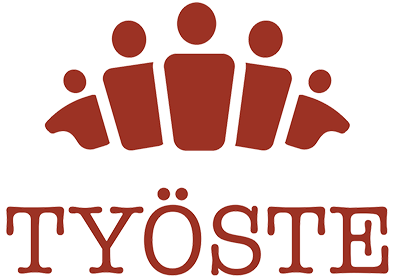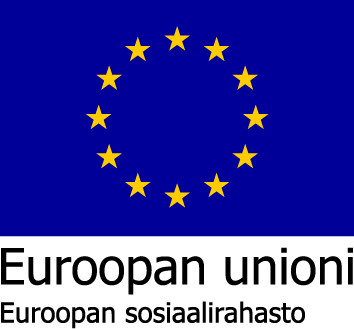EnPreEm – Enhancing the preconditions of employment and working capacities of people outside the labour market with bridging process
The aim of this 2-year project is to strengthen the preconditions for young people’s employment and increase their working and functioning capacities. This is done by establishing a local bridging process. The bridging process is novel local model, in which people outside the labor market co-create meaningful everyday activities with different societal actors (elderly persons, service providers). During co-operation and learning process their preconditions of employment and working capacities strengthens.
The project responds to the need to develop long-lasting, structural working capacity procedures, where people outside the labor market create attachment and meaningful everyday activities. Shared encounters also increase the feeling of togetherness between generations. The challenges related to equality, sustainable development and differentiation relate to the theme of well-being among the young as well as the elderly. Also the need for labor force in the elderly care sector is taken into account.
The development and co-creation of functional procedures take place in workshops and agile experiments, in which assessment, the construction of new practices and the increasing of theoretical understanding take turns. This is carried out in an ethically and economically sustainable manner, renewing existing functions. As a concrete result transferable model of the bridging process is developed, which is supported by ICT-based solution. Additionally,technological solutions are being developed to enhance employment and working capacities. During the project also indicators for evaluation of the working capabilities of the target group is produced.
The project takes place in Myllypuro and is run by Metropolia UAS in co-operation with the congregation of Herttoniemi, Itä-Helsingin lähimmäisapu Hely ry, Digital Living International Oy, and Myllypuro-Seura ry. The novelty value of the project is the structural, local procedures to enhance working capacity, which benefits both residents as service providers, who learn to network in common interface.



